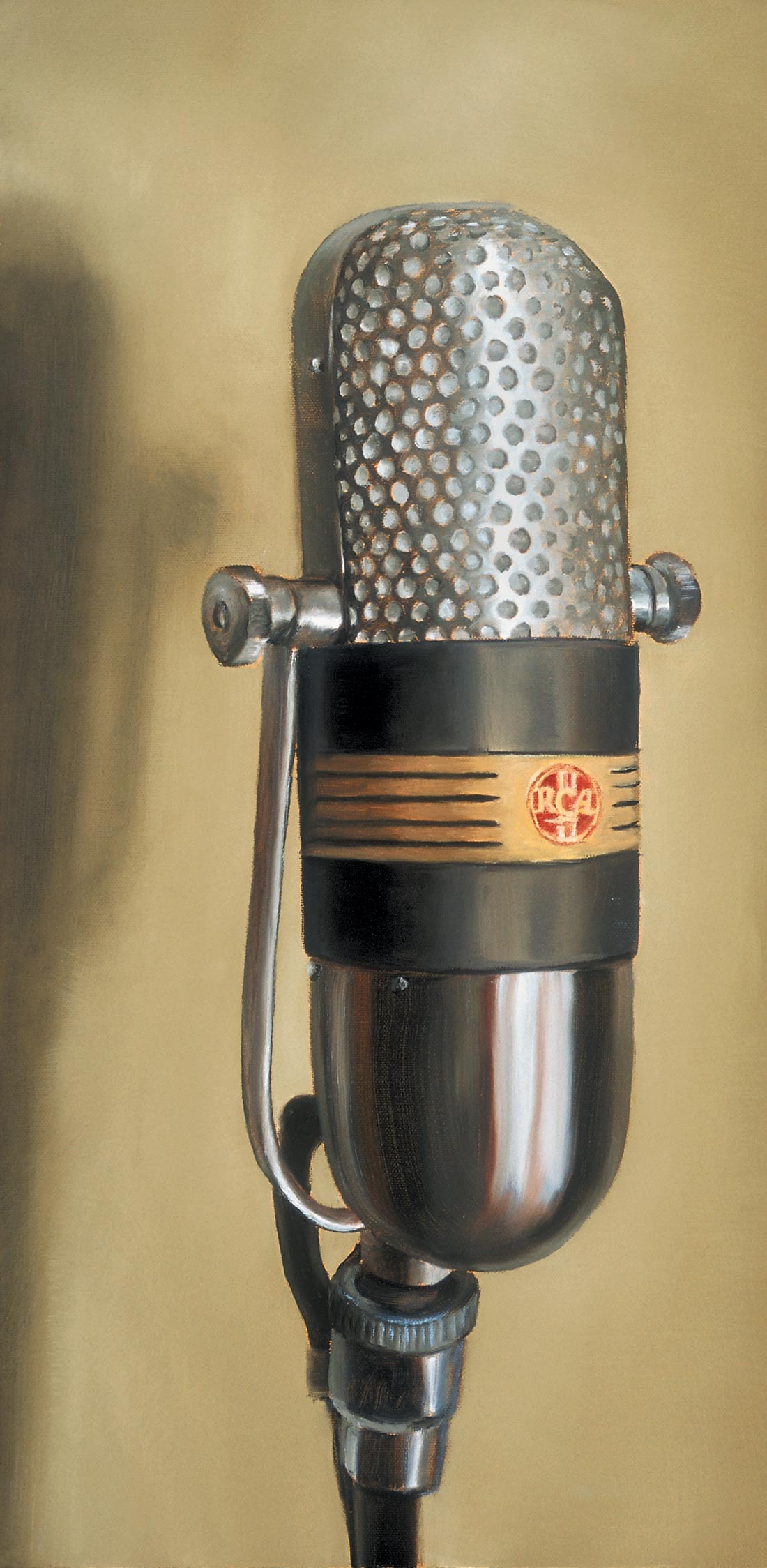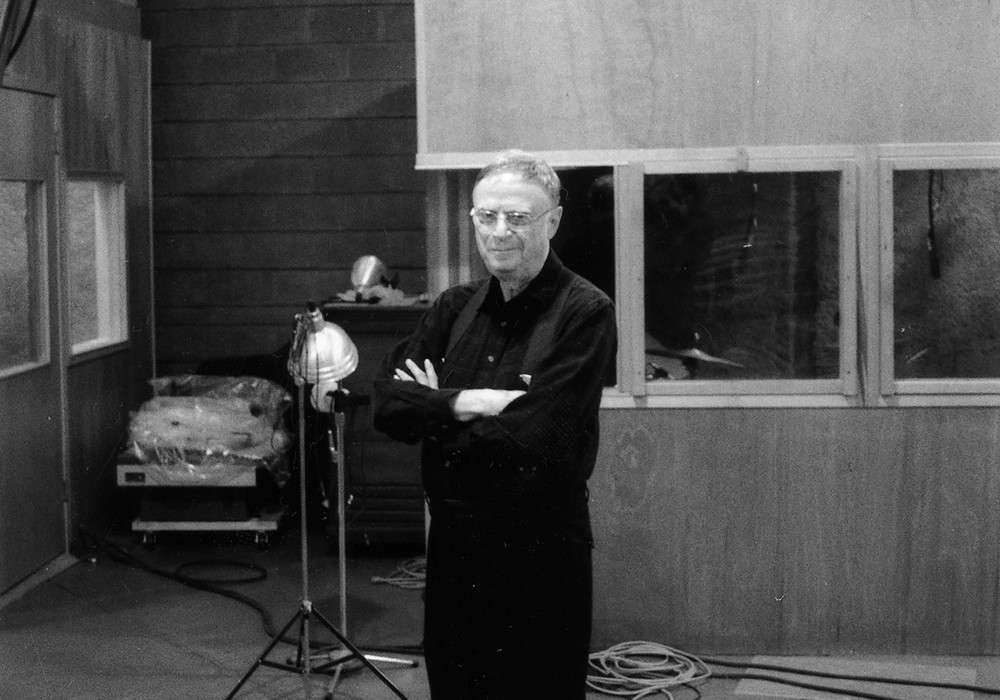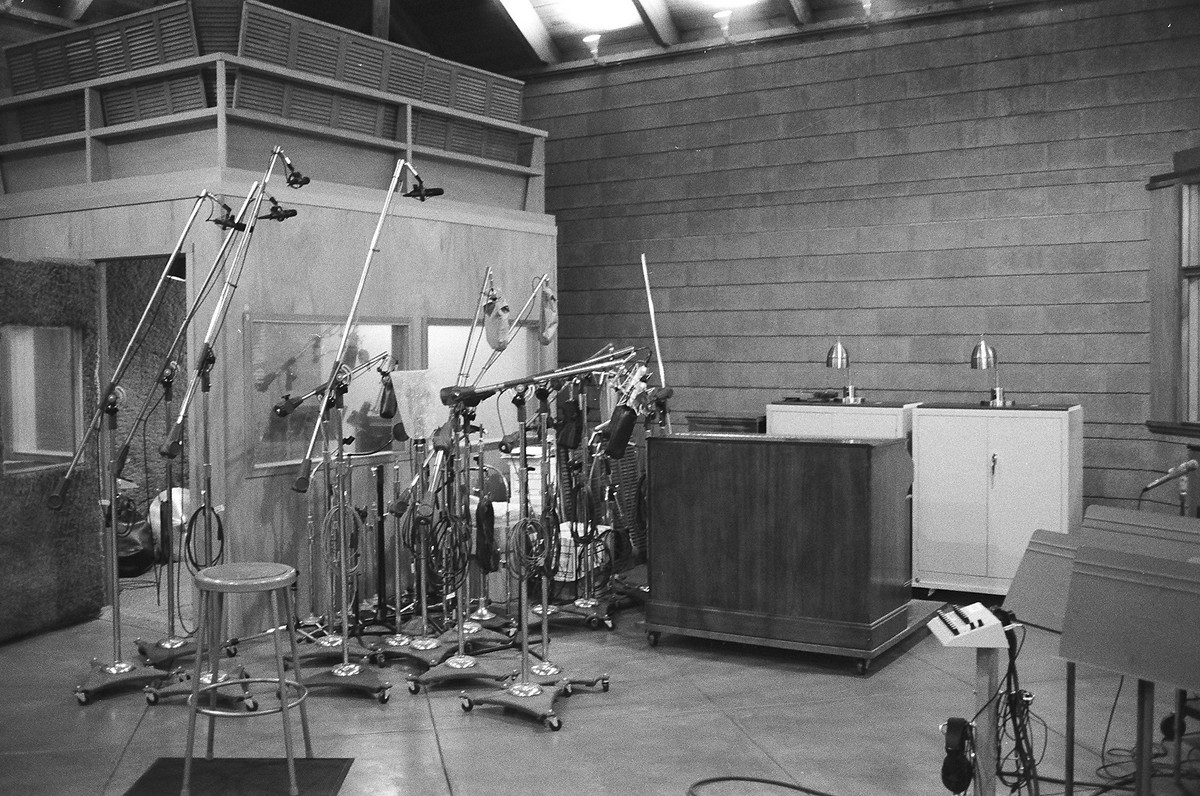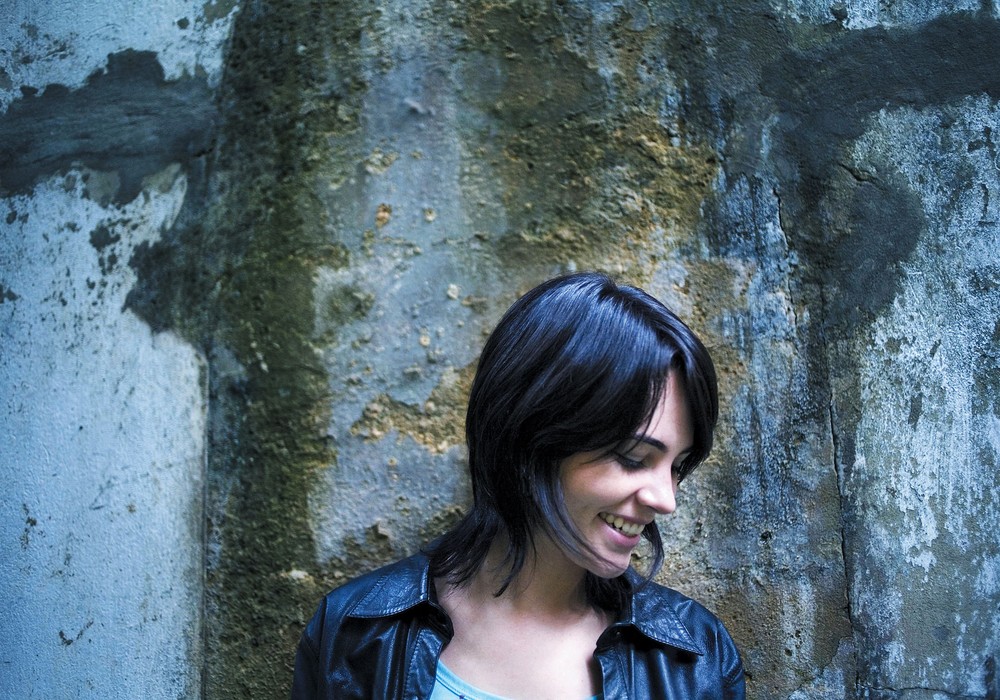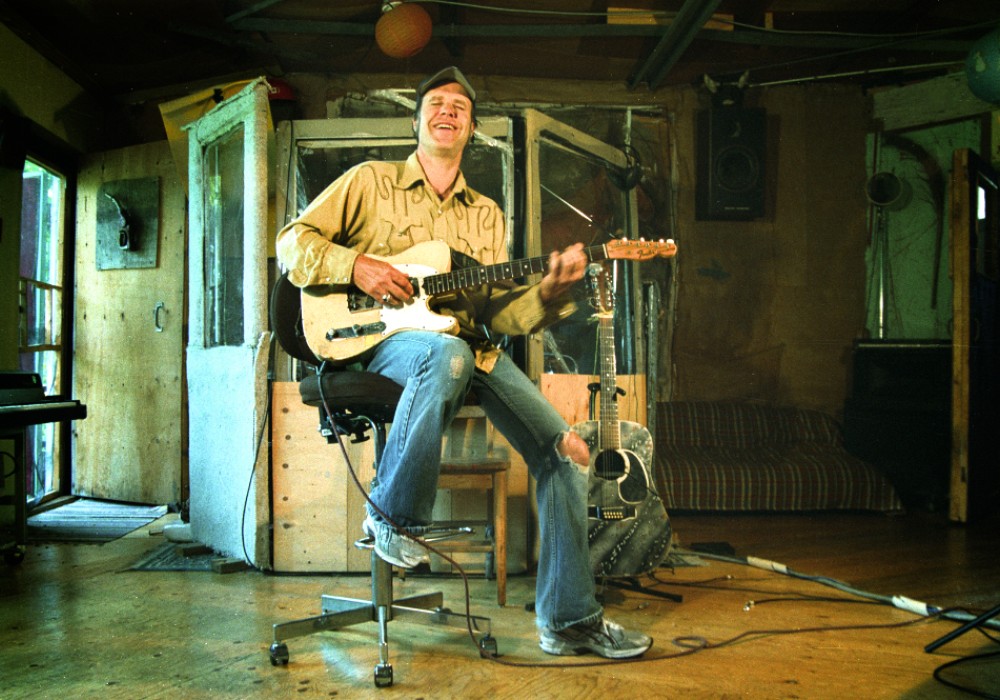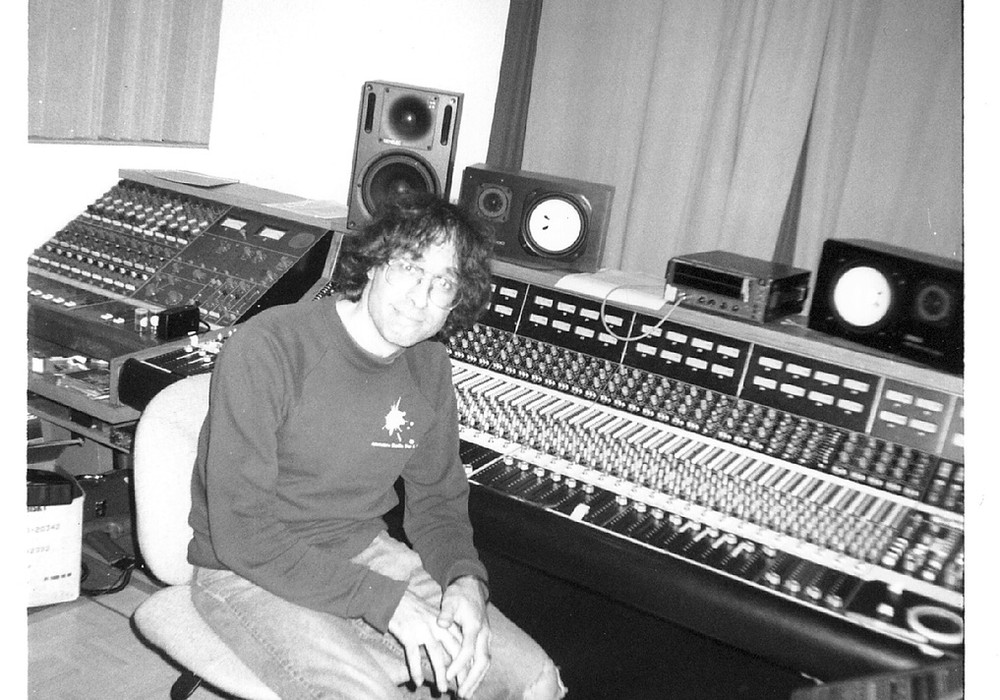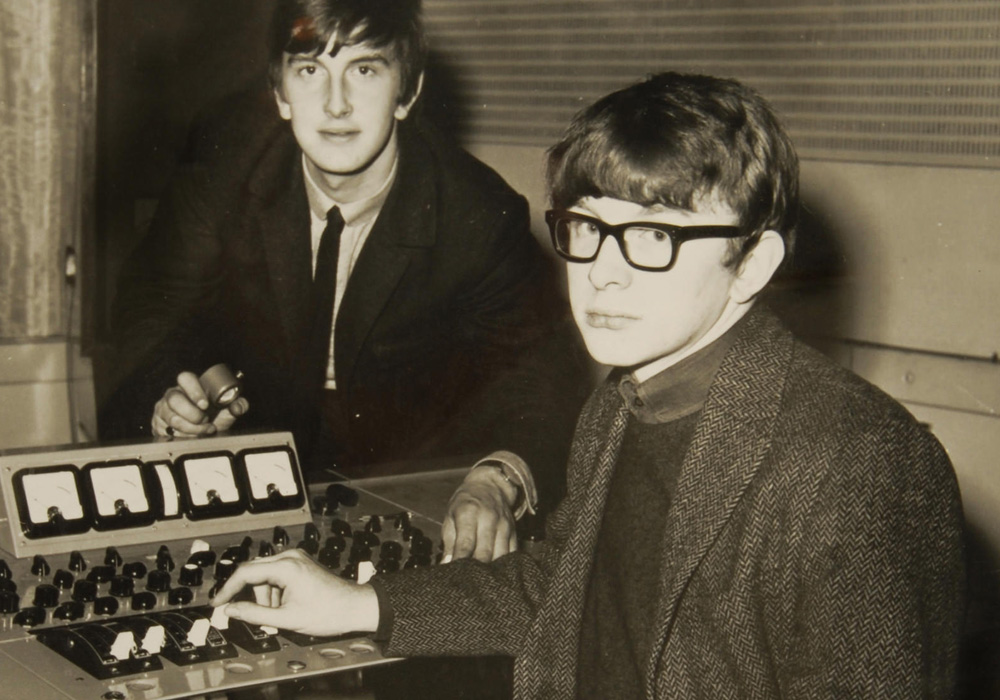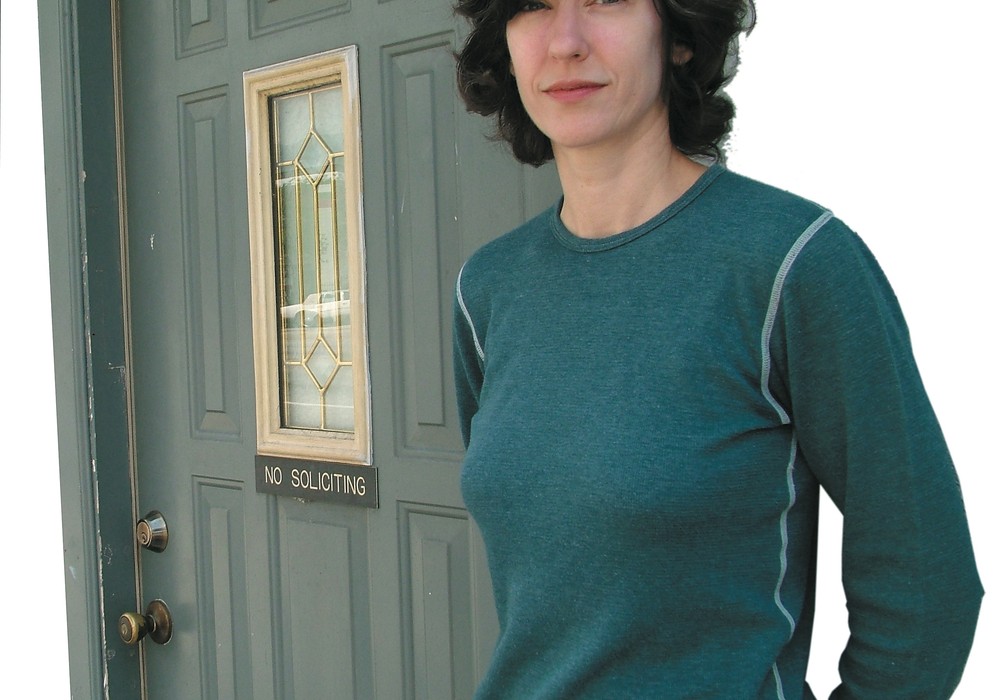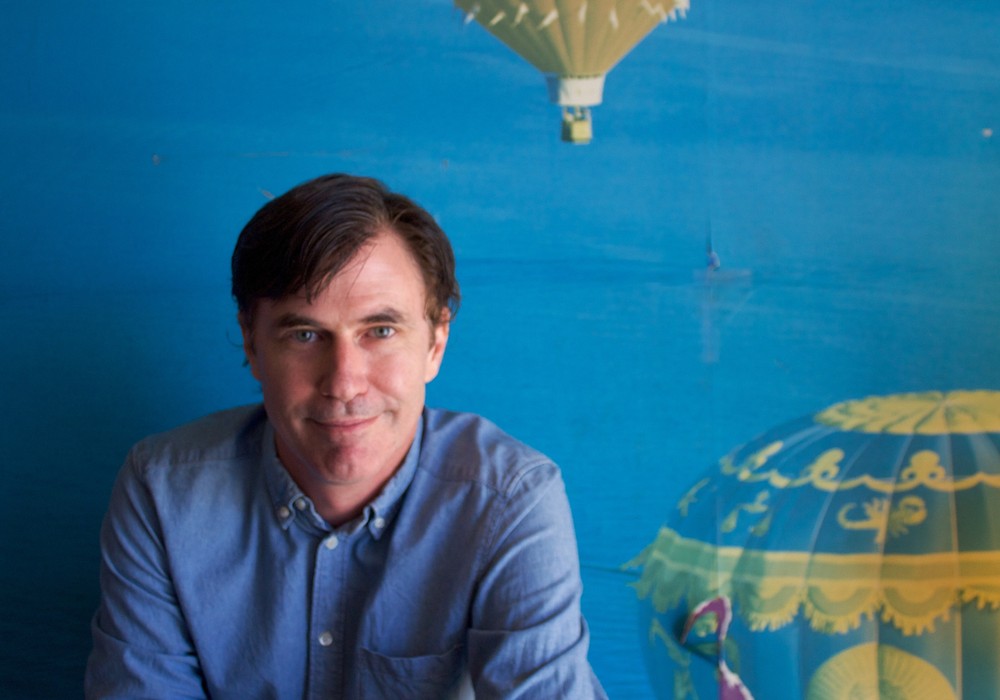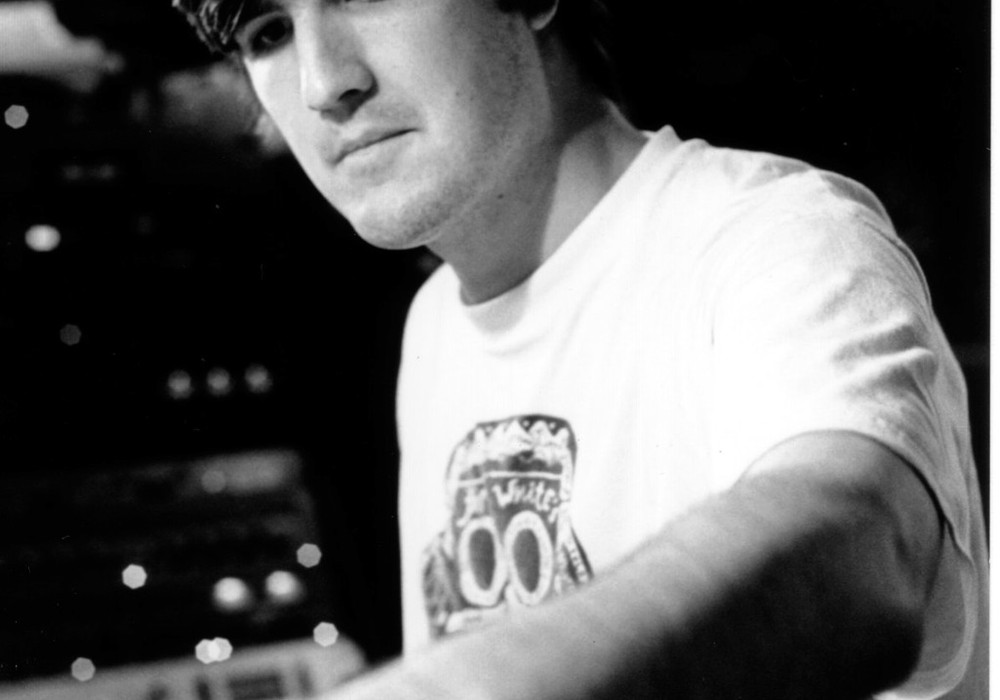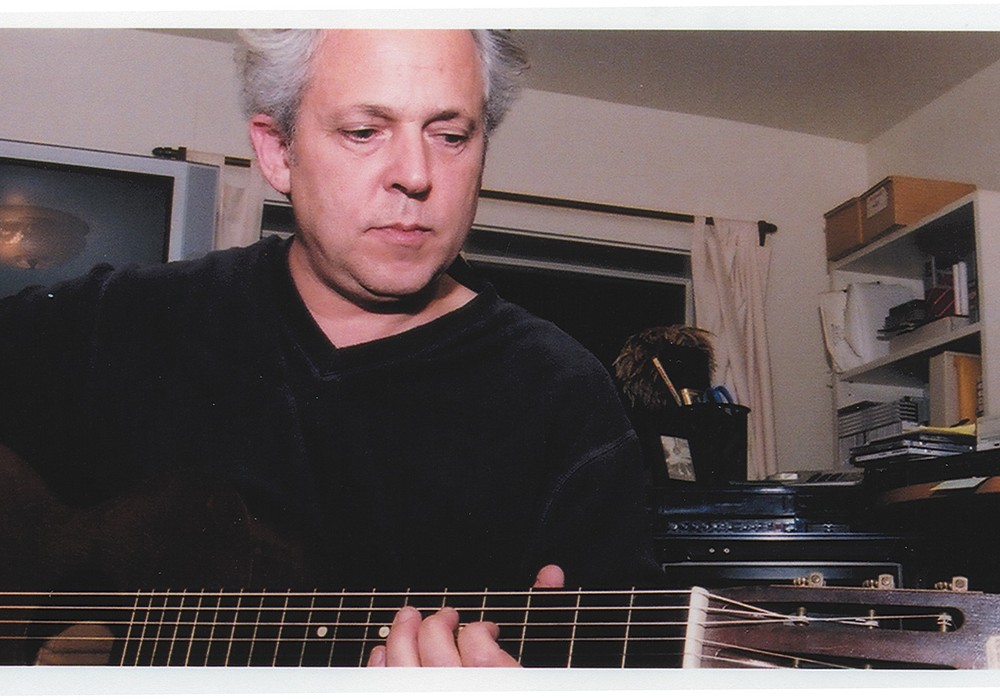Rudy Van Gelder's legend looms large, yet he has avoided most interviews throughout his 50-plus years in the recording biz. He has never discussed his techniques, and even in the following interview he didn't divulge details. Van Gelder is best known for the LPs he recorded in the '50s and '60s for the Blue Note and Prestige jazz labels. In his youth he built a recording studio in his parent's house where he recorded Miles Davis and many others. Having outgrown the first home studio, he built his own recording studio/complex/home in Englewood Cliffs, New Jersey, which remains. The scope of Van Gelder's work is unknown, but it's a foundation for the maps, legends and history of the music of John Coltrane, Dizzy Gillespie, Herbie Hancock, Wayne Shorter and others. Van Gelder's work is both intimate and mind blowing, and he might be the greatest recording engineer in jazz history.
How did the idea arise that you wanted to record music?
It wasn't planned, it just happened. I was interested in music, but parallel to that when I was a young teenager I was also interested in ham radio. The technical part of that is building transmitters, receivers and audio amplifiers. It was my interest in music, as well as the technical aspects of radio, which brought me to sound recording.
So fooling around with ham radios led right to recording?
Exactly. I used to go to downtown New York and buy gear. Used to build things myself... mixers, amplifiers and so forth. Actually the first mixer I used for recording I built myself.
Did you go down to Chinatown and pick up parts there?
Cortlandt Street, not Chinatown. What was not available were complete audio recording consoles. What you had to do in that time — and I was not the only one from what I heard — you had to modify radio consoles. Consoles were manufactured for radio broadcast use, and you had to modify them to record music. There was no such thing as a console manufacturer as you know it today.
As an overview, for a mixer you had to exactly think of what your needs were even from day one.
Right.
So that's during high school?
Yep.
Wow. So when you built that did you just use a regular reel-to-reel that was available at the time?
When I started recording it was just before the advent of tape. So my first recordings as a hobbyist were done on disc.
Wow. Acetate?
Acetate, exactly. You would buy your discs. And the machine I had at that time was called a Presto disc recorder. I would go down to Cortlandt Street, New York, to buy components to build a mixer to feed that. That was my first recording console. You wouldn't call it a console.
Were you recording musicians from high school?
My friends. Classmates.
Did you play an instrument yourself?
Early on in high school, not too far from the time I got interested in recording, I played trumpet in the high school band.
Wonderful.
It was terrible, really. [laughing] I learned quick enough to record rather than to play music.
You were in the big band in the high school?
No, no, the marching band. I ended up taking tickets at the football games instead of playing in the band. The teachers had to give me something to do.
So you weren't playing in the impromptu ensembles that the kids would do?
No. All my friends did, though. I was focused on the recording.
So they would come over to the house and you would record them.
Yes, often. And the neighbors would complain in the summer because the windows were open.
Little did they know.
Right. One time the famous child actor Jackie Cooper came over. He was all grown up and loved to play drums. So I recorded his little band. The musicians called him Skippy. As I look back it was awesome. This was before I did real sessions for the record companies.
When did you start getting serious musicians to record on your recordings?
One friend of mine started to work with bands and he had friends who were musicians, jazz musicians too, and they would come over to my parents' house and have sessions, jam a little bit and I would try to record it.
As I understand it as this was building up you actually asked your parents, made arrangements with your parents, to allow much more recording in the house?
That developed over time. When I got busier recording neighborhood musicians and then jazz musicians it became an imposition, but they were very tolerant about it. Before my parents built the house in Hackensack, I was boring holes in the walls of our old house for the cables to go through. But when they built the house on Prospect Avenue in Hackensack, the control room was incorporated into the design of the house. They knew how involved I was and incorporated that...
